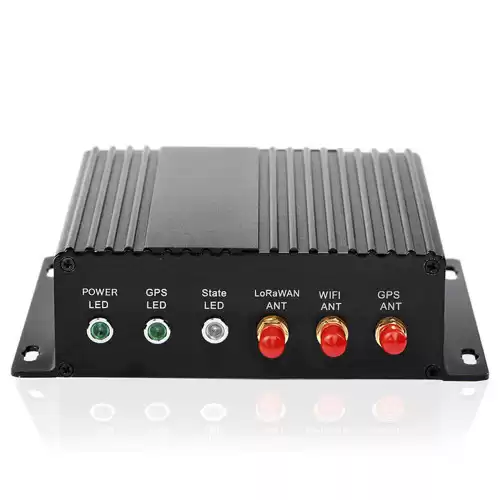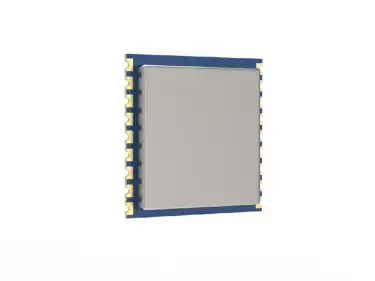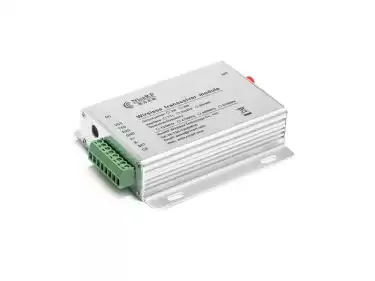How does the BLE module act on the sensor
The rapid development of the Internet of Things environment and the user's remote control requirements for smart home systems, the wide application of analog sensors and data sensors, in the product design process, engineers need to call more and more sensor data, BLE modules can respond quickly, It also supports secondary development, is easy to use, and transmits small amounts of data with zero packet loss, which can meet the needs of various Internet of Things applications.
With the zero packet loss of data exchange between devices in various IoT applications, more and more IoT engineers begin to hand over the burden of data acquisition and transmission to Bluetooth low energy, most of which are Growth is seen in applications such as smart homes, beacons, connected homes, and wearables. NiceRF will give you a detailed introduction to how the BLE module acts on the sensor.
BLE module and sensor:
Generally the sensor communicates with it in a communication mode that is easy to understand and easily detected by the host device (such as mobile phone, computer, etc.). In practical applications, sensors are generally small in size, and in order to increase the standby time, engineers generally prefer low-power, small-sized BLE modules compared to other wireless transmission methods. Secondly, the interface of the BLE module is relatively rich, and the sensors can be connected in many different ways.
Application of BLE module in sensor:
Sensors can be roughly divided into analog and digital. Typical analog sensors include those used to monitor smoke, gas, ambient light, people sensing, and more. Digital sensors include sensors that monitor temperature, humidity, pressure, acceleration, etc. The BLE module is mainly responsible for collecting sensor data through a communication interface (such as I2C, SPI or Uart). For example, an analog sensor can be fed to a SAR ADC with a voltage follower on the front end. Digital sensors do not require analog conversion, so data can be acquired through any communication interface such as I2C, SPI or Uart. Integrated timers, counters, pulse width modulators and Universal Digital Blocks (UDBs) can be used to implement custom logic for further processing of sensor data. Ultimately, the processed or received digital data can be sent over the BLE interface and monitored by a mobile phone or any other client device with built-in BLE capabilities.
If required, NiceRF can customize a solution for you!
NiceRF's sensor monitoring system related product recommendation
| Product model | Product Image | Type |
| IOT-G010 | 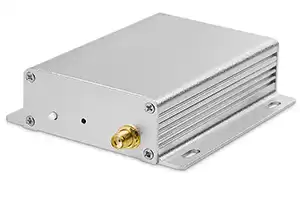 | IOT sensor monitoring system gateway |
| IOT-N010 | 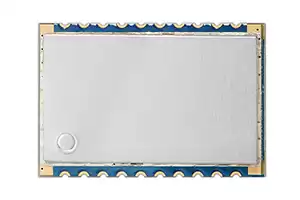 | IOT serial port acquisition node |
| IOT-THS010 | 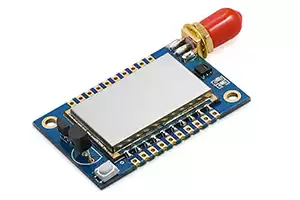 | IOT temperature and humidity and switch acquisition node |
NiceRF's BLE Module Recommendations
| Product model | Features | Product pictures |
| BLE5101 | 1. Support Bluetooth mesh networking; 2. Support the coexistence of master and slave roles, which can connect multiple masters and slaves at the same time, up to 20 connections; 3. Support over-the-air upgrade (OTA DFU); 4. Support two connection modes: manual connection and automatic connection; 5. Support custom 16-bit UUID, including one Service uuid and two Characteristic uuid, which can be flexibly configured and compatible with similar BLE products; 6. Passed FCC ID and CE-RED certification; 7. Support low power consumption mode | 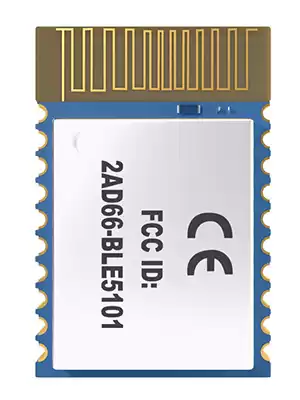 |
| BLE5201 | 1. Supports BLE master role mode, slave role mode, master-slave integrated mode and Beacon mode at the same time; 2. Support air upgrade; 3. Use button battery to work for up to 10 years; 4. Simple to use, no need for any Bluetooth protocol stack application experience; 5. Support low power consumption mode | 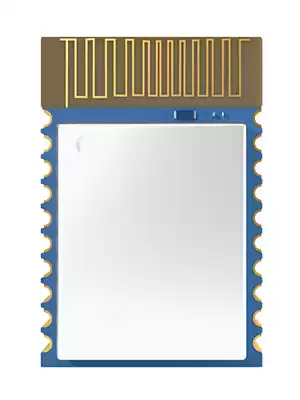 |
 +86-755-23080616
+86-755-23080616
 sales@nicerf.com
sales@nicerf.com
Website: https://www.nicerf.com/
Address: 309-314, 3/F, Bldg A, Hongdu business building, Zone 43, Baoan Dist, Shenzhen, China


 English
English





